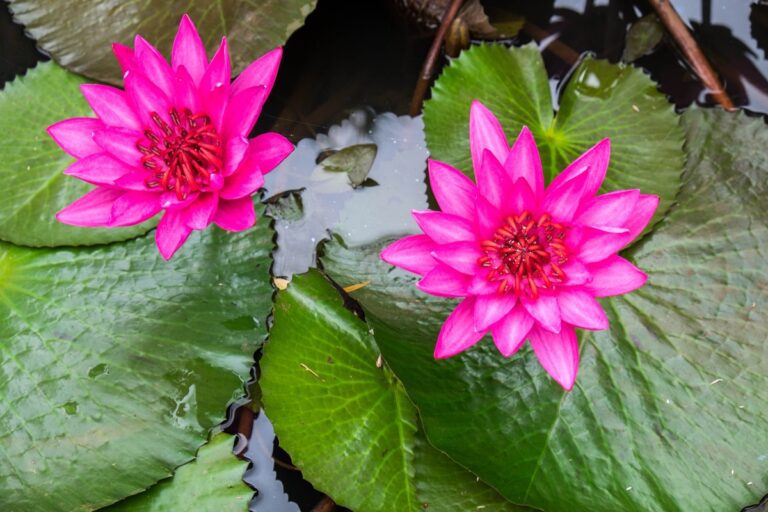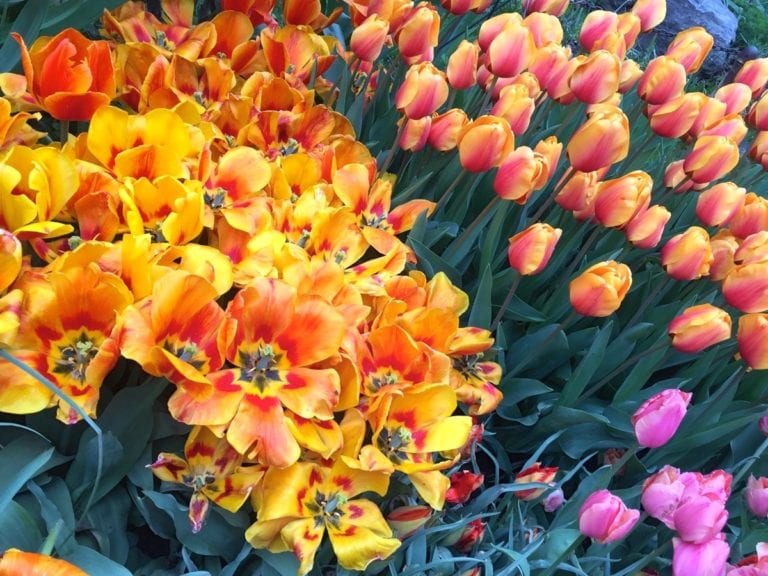Similar Posts

909th Week: More Gratitude Practice
Walking across Central Park this morning, I was filled to overflowing with gratitude for all the years I had the privilege of soaking in the beauty, the life-giving vitality, and the spirit of this wonderful place each and every morning on my way to my office. This brought me again to the importance of noticing and experiencing gratitude. As I walked on familiar pathways, the presence of gratitude filled and inspired me.
This experience returns me to an awareness of the importance of gratitude as a frequency we can constantly bring into our lives, and of the health-affirming quality it conveys. I have an active and ongoing relationship with gratitude and I find it supports me during challenging experiences. An example is when I had some rather extensive dental surgery a week ago. After about an hour of what turned out to be a two-hour process, I found myself orienting to what I call the spirit of gratitude. You might think of it as the essence of gratitude, or the frequency of gratitude. I oriented to experiencing the presence and quality of gratitude to help myself continue to be settled and at ease in the chair. I found that choosing to resonate with this essence made all the difference in my ability to remain calm and gratefully open to the help I was receiving.
For this week’s practice, I invite you to find, in the course of the coming week, many moments to be aware of gratitude. You may already have a gratitude practice and, if you do, use this practice to increase the number of times you express your gratitude. You may discover gratitude in some unexpected places when you look for it, even as you may find yourself reinforcing an awareness of gratitude that is already alive and present in your experience.

776th Week: Programming Ourselves for More Gentle Self-Talk
One of the things that always touches me is listening to the critical ways in which so many of us talk to ourselves. It’s as though we culturally tune into a particular channel of self-awareness and are taught to give ourselves a hard time, weighing ourselves down with “shoulds”, comparing ourselves negatively to others, and making sure we jump on ourselves immediately if there is any hint that we might not be measuring up to whatever judgments we may carry.
For many of us, there is also the underlying anxiety, uncertainty, and downright fear that arose during times of trauma when we may have experienced verbal or physical abuse. With abuse tends to come an internal dialogue of self-blame which then grows into an internal litany of what’s wrong with us and why we, or our lives, will never be okay.
Recently, I watched a Tedx Talk by Andrew Newman, the creator of the Conscious Bedtime Story Club and the author of many children’s books. The talk is entitled, “Why the Last 20 Minutes of the Day Matter” and I was captivated by what Andrew had to say. Here’s a link to his talk: https://www.youtube.com/watch?v=sfcZhlK-FAU
Read More “776th Week: Programming Ourselves for More Gentle Self-Talk”
670th Week: Generating Empathy
One of the things that has been very much on my mind these days is an awareness of the stunning lack of empathy expressed by public figures, particularly in the political realm. What feels so impacting is that this apparent lack of empathy resonates with so many people around the world, as reflected in news reports about the many ways in which we harm one another. Read More “670th Week: Generating Empathy”

872nd Week: Noticing Mutual-Empowerment and Power-Over Dynamics
When I actively taught Somatic Experiencing, one of the themes that I passed along from my first SE teacher and good friend, Diane Poole Heller, was the distinction between expressions of “power over” and those of “mutual empowerment.” Diane embodies and expresses mutual empowerment in her relationships with the people around her and her influence and modeling have had a powerful impact on me. The distinction between power over (where there are only two options—you’re on the top or you’re on the bottom) and mutual empowerment (where no one has to lose power in order for things to work out) has stayed with me as an active intention to support mutual empowerment in every way I can. I have lived that not only as a teacher but also as a mentor. When people talk about the “new Earth” that needs to arise from the breakdown of the old institutions that are now being challenged around the world, what comes to mind for me is a fundamental shift from power-over styles of leadership and dominance, including our relationship with the planet and all our human and other-than-human earth-kin, to styles that embody and express mutual empowerment within every aspect of our lives.
A key thing about mutual empowerment is that it has, as its foundation, the belief and experience that your having power doesn’t automatically take away from anyone else and their having power doesn’t automatically take away from you. A stance of mutual empowerment tends to naturally engender respect, as well as wishes for others to have as much success, happiness, satisfaction—whatever—as is possible for them.
For this week’s practice, I invite you to pay attention to those times when you encounter people or situations that express “power-over” dynamics and those where you see, or experience, styles of “mutual empowerment”. Also notice these dynamics in yourself so that if you have slipped into a power-over style of interaction you’ll be able to choose whether you want to continue in that mode or if you want to experiment with shifting into a mutual-empowerment style.
Read More “872nd Week: Noticing Mutual-Empowerment and Power-Over Dynamics “
787th Week: Orienting to Solution-Focused Awareness and Helpful Archetypes
A friend of mine has been pretty consistently putting posts on Facebook that ask people to focus on what they are forrather than what they are against. These posts have been very helpful in reminding all of us that what we feed grows and that, when we spend our internal time fighting against something, we actually feed the very thing to which we object. From an energy perspective, it’s as though we’re actually turning up the volume on things we’d rather not hear at all.
One example that comes to mind at this time is the pervasive presence of expressions of lack of empathy for each other. Decisions by some lawmakers, treatment of neighbors by other neighbors, seeming lack of concern for one another’s well-being if we aren’t “part of the tribe” are found on every side these days. Rather than spending time expressing helpless rage at these conditions, I want to invite us to explore some alternatives.
First, there are approaches that convey the message, “What you fight, you feed.” This doesn’t mean not to take action when action is needed to change things or to intervene. Instead, it speaks to the habits of mind and self-talk we carry around with us internally every day, all day. From a Solution-Focused perspective (solution-focused therapy is a more modern branch of psychology), we are invited to look at, and to look for, what’s going right. For our practice here, I would add that we can ask ourselves to pay attention to the qualities we would like to see expressed more generously in ourselves and in the world around us.
Read More “787th Week: Orienting to Solution-Focused Awareness and Helpful Archetypes”
808th Week: Easing Distress
When I woke up this morning, I noticed that I was feeling a sense of hopelessness around the edges and this is an unusual response in me. Rather than make up any stories about what it meant—above and beyond the obvious challenges we currently face collectively as well as individually, I found myself turning to my tried and true sources of grounding, practices that help me return to a steady sense of presence.
There are two reasons I stay on top of this. First is my belief in collective consciousness and I don’t want to add extra distress to what is already a powerful experience happening to many people in our human family. The second reason is that I know how easy it is to inadvertently add activation to an already-distressing internal state and I have spent many years learning how not to do that. Adding activation to activation doesn’t help me or anyone and, when it leads to a sense of overwhelm and potential shutdown, can keep many of us from engaging in those actions that really could make a difference.
I’ve written about two practices I use all the time and I think they can’t be described often enough, especially these days. So, I offer them below, as I have a number of times before, and again invite you to experiment with them to find out if there are ways these approaches may also be useful to you.
Read More “808th Week: Easing Distress”